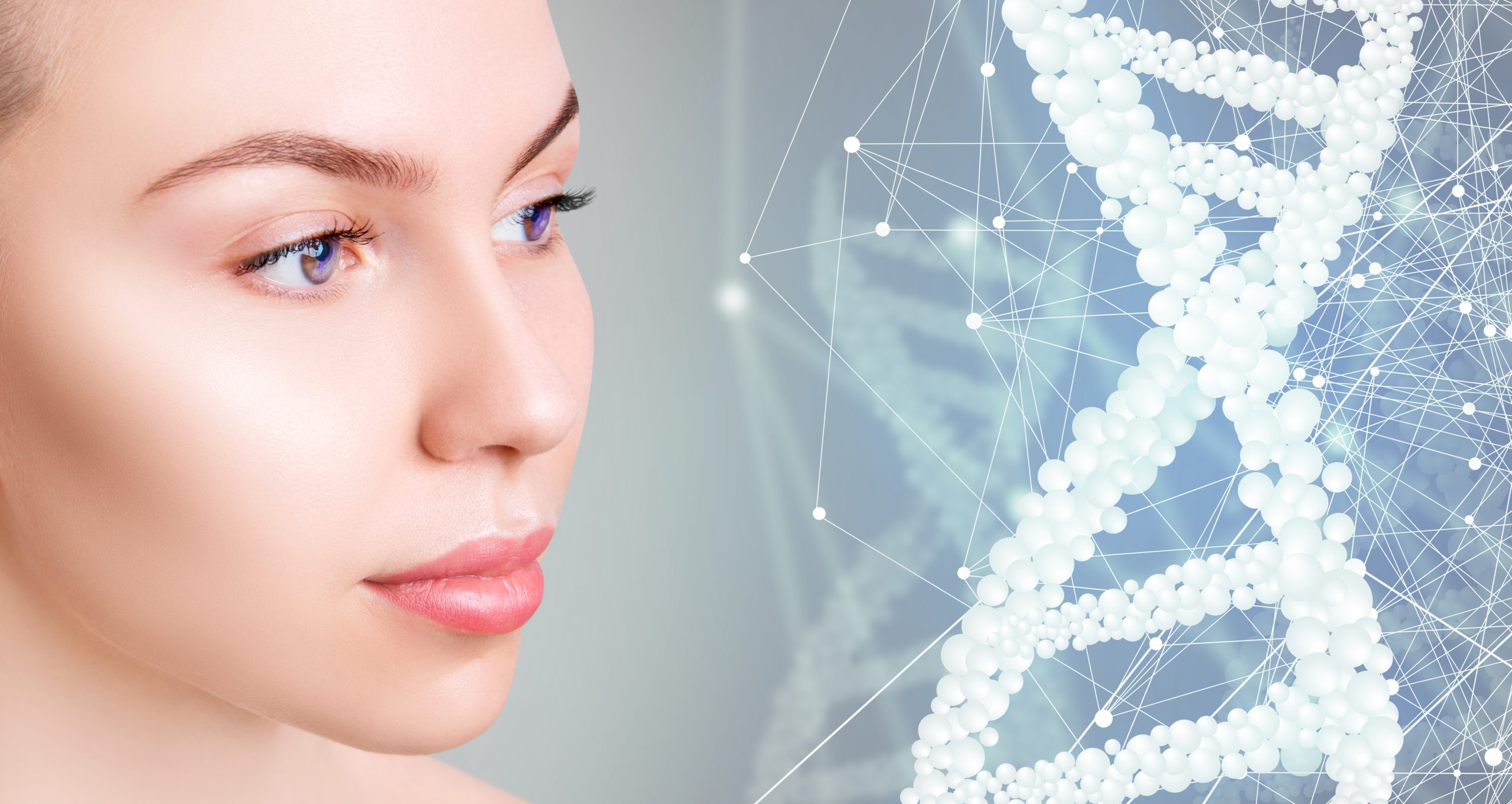Aging is an inevitable part of life, and as we get older, our bodies undergo various changes. Wrinkles appear, our skin loses elasticity, and we might notice a decline in overall health. These natural processes have led to the development of a multi-billion-dollar industry centered around anti-aging products and treatments. But what really works when it comes to slowing down the aging process? Let’s delve into the science of anti-aging to separate fact from fiction.
Understanding the Aging Process:
Aging is a complex biological phenomenon influenced by a combination of genetic, environmental, and lifestyle factors. At the cellular level, key processes involved in aging include:
- DNA Damage: Over time, our DNA accumulates damage from various sources, including UV radiation, toxins, and metabolic processes. This damage can lead to mutations and cellular dysfunction.
- Cellular Senescence: Cells can become senescent, losing their ability to divide and function properly. These senescent cells can contribute to inflammation and tissue degeneration.
- Collagen and Elasticity Loss: Collagen and elastin fibers, which provide skin with its firmness and elasticity, degrade with age, leading to sagging and wrinkles.
- Oxidative Stress: Reactive oxygen species (ROS) can cause oxidative damage to cells and tissues, accelerating aging processes.
- Hormonal Changes: Declines in hormone levels, such as growth hormone and sex hormones, can affect various aspects of aging, including muscle mass, bone density, and skin health.

Anti-Aging Strategies Backed by Science:
While there is no magic elixir that can reverse aging completely, certain strategies and treatments have shown promise in slowing down the aging process and promoting a healthier, more youthful appearance:
- Sun Protection: UV radiation is a major contributor to skin aging. Regular use of sunscreen and protective clothing can prevent premature aging and reduce the risk of skin cancer.
- Healthy Diet: A balanced diet rich in antioxidants, vitamins, and minerals can help combat oxidative stress and support overall health. Foods like fruits, vegetables, and Omega-3 fatty acids are beneficial.
- Exercise: Regular physical activity has been linked to improved muscle mass, bone density, and cardiovascular health. It also helps reduce the risk of age-related conditions.
- Skincare: Topical treatments containing ingredients like retinoids, hyaluronic acid, and peptides can hydrate the skin, boost collagen production, and reduce the appearance of wrinkles.
- Hormone Replacement Therapy: For individuals with hormonal imbalances, hormone replacement therapy under medical supervision can address certain age-related issues.
- Cosmetic Procedures: Treatments like dermal fillers, Botox, and laser therapy can provide temporary improvements in the appearance of wrinkles and skin texture.
- Lifestyle Choices: Avoiding smoking, limiting alcohol consumption, and managing stress can all contribute to a more youthful appearance and better overall health.
- Adequate Sleep: Quality sleep is essential for cell repair and overall well-being. Poor sleep can accelerate the aging process.
It’s important to note that the effectiveness of anti-aging strategies can vary from person to person. What works for one individual may not work as effectively for another. Additionally, the pursuit of anti-aging should be balanced with realistic expectations, as no treatment can halt the natural aging process entirely.
In conclusion, the science of anti-aging is a complex field that continues to evolve. While we cannot stop the clock, we can certainly slow it down and age gracefully by adopting a combination of healthy lifestyle choices, skincare practices, and, when necessary, medical interventions. Ultimately, the key to successful aging lies in a holistic approach that addresses the physical, emotional, and psychological aspects of getting older, allowing individuals to lead fulfilling lives at any age.


